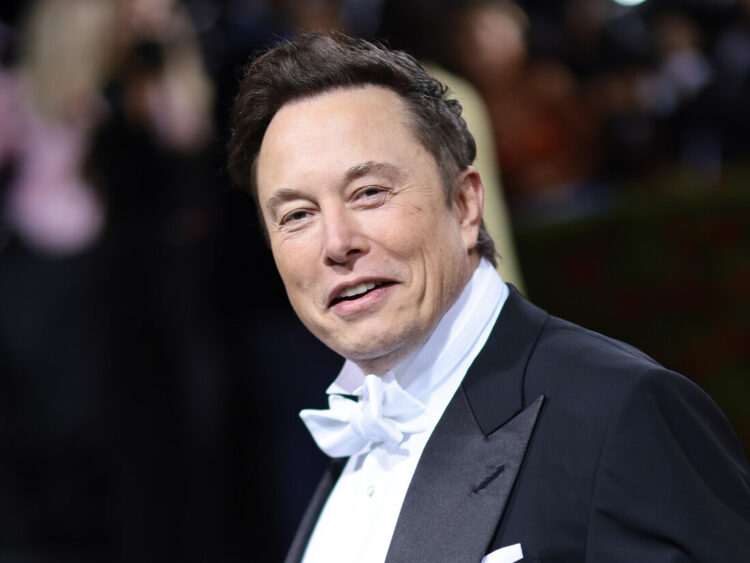This article is also available in Spanish.
Introduction to the Department of Government Efficiency
The newly established Department of Government Efficiency (D.O.G.E.) is set to make significant changes in the federal landscape by introducing a bold plan to slash federal agencies’ spending by an unprecedented $2 trillion. This ambitious initiative has placed several government bodies in the crosshairs for comprehensive budget reviews and potential cuts.
Targeting The IRS
Among the leadership of D.O.G.E., renowned entrepreneur and Tesla CEO Elon Musk has taken a prominent role, particularly targeting the Internal Revenue Service (IRS) for substantial budget reductions.
The Vision of Musk and Ramaswamy
Elon Musk, along with his counterpart Vivek Ramaswamy, has vowed to orchestrate a meticulous strategy to cut down on federal spending, with the overarching goal of trimming the federal budget by $2 trillion. They have identified various federal agencies, which they consider either bloated or outdated, as primary candidates for these reductions.
Musk has been vocal about his views on the IRS, describing it as a “mess” plagued by inefficiency and scandals over the years. He has proposed innovative solutions such as developing a free tax filing app and conducting thorough audits to enhance transparency and efficiency within the IRS. Additionally, Musk aims to significantly reduce the number of IRS employees, addressing what he perceives as “administrative overgrowth.”
In a move to engage public opinion, Musk conducted a poll on social media platform X, asking users to weigh in on the IRS’s budgetary requests. The results were telling, with a significant majority favoring either a reduction or complete elimination of the IRS budget.
Other Agencies In The Crosshair
Musk and Ramaswamy are not stopping at the IRS. They are scrutinizing the budgets of multiple federal agencies to further their agenda of reducing government expenditure. One such agency under the microscope is the Consumer Financial Protection Bureau (CFPB), with Musk suggesting its potential elimination due to concerns about its efficacy and future relevance.
Vivek’s Focus on Education and Defense
Vivek Ramaswamy has turned his attention to the Department of Education, advocating for “mass reductions” in its operations. This aligns with ongoing calls from President-elect Donald Trump, who has long pushed for the dismantling of the department. With Trump’s return to the White House, these changes could soon become a reality.
Additionally, Ramaswamy has criticized the substantial budget allocated to the Department of Defense, highlighting an estimated annual waste of $125 billion due to bureaucratic inefficiencies. However, it’s noteworthy that the $3.6 billion defense contract awarded to SpaceX, a company owned by Musk, appears to be exempt from these budgetary constraints.
The Role Of D.O.G.E.
The Department of Government Efficiency is designed to streamline governmental operations, drawing inspiration from the cryptocurrency world with its reference to Dogecoin. This connection underscores Elon Musk’s significant influence within the Trump administration. Musk’s involvement in D.O.G.E. has sparked speculation about its potential impact on Dogecoin’s market value and reputation.
Following Trump’s election victory, Dogecoin experienced a notable surge in value, attributed in part to Musk’s collaboration with the new administration and his history of promoting the cryptocurrency. Reports suggest that discussions about D.O.G.E. at campaign meetings have contributed to fluctuations in Dogecoin prices, illustrating a direct correlation between political developments and the cryptocurrency market’s response.










